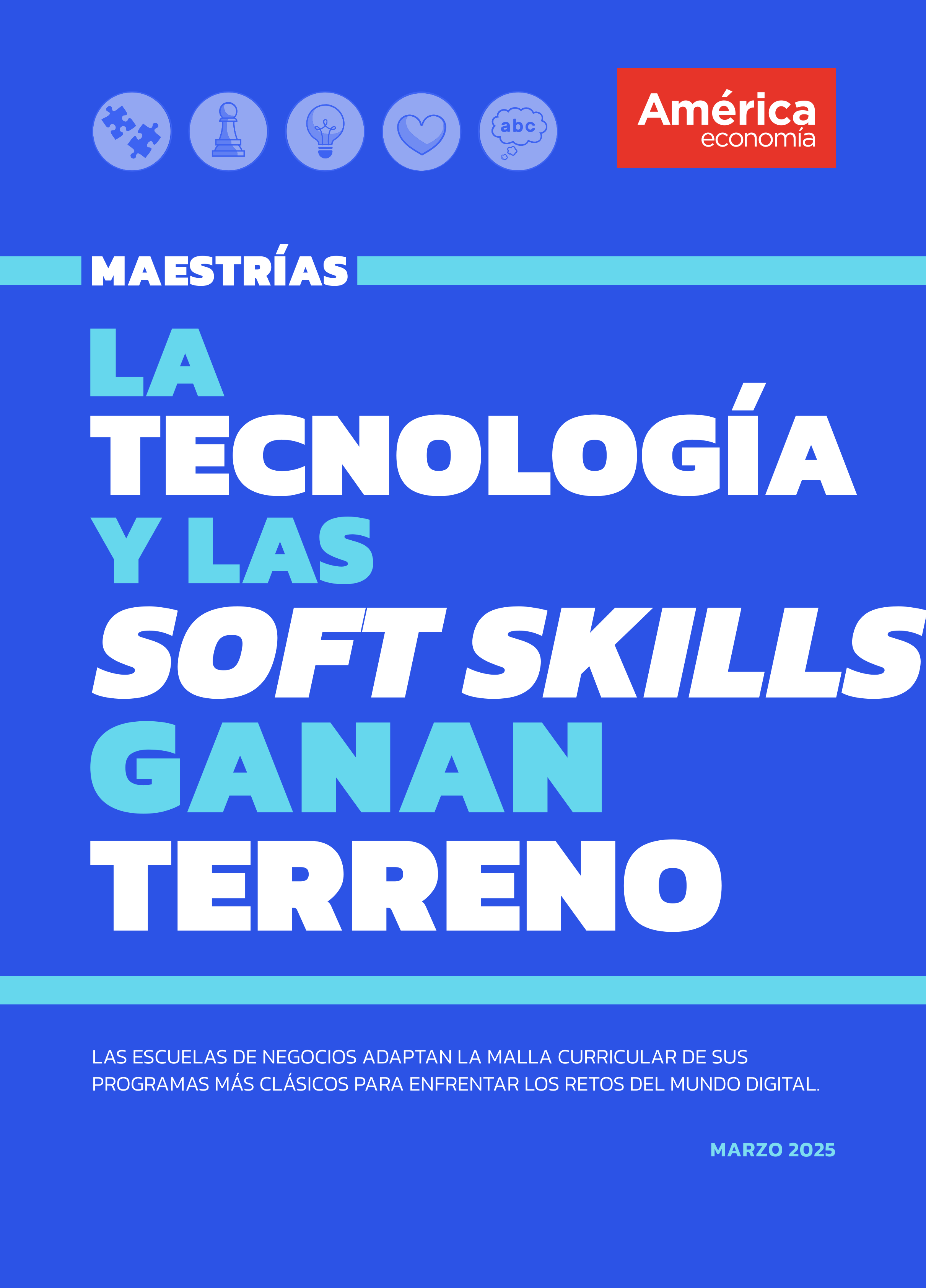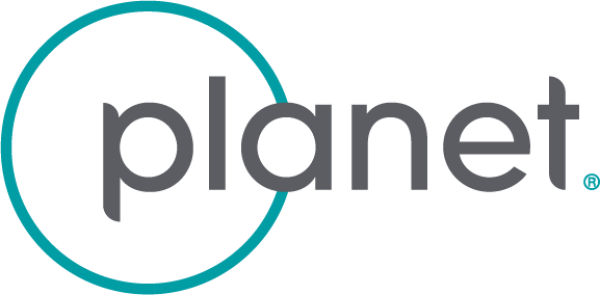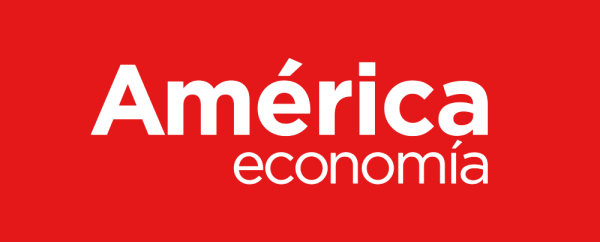Cheap and illegal tobacco products are easily accessible and hide a reality of organized crime, lack of quality control in the manufacturing process, and tax evasion for different governments. Also, they undermine efforts to reduce the number of smokers and to prevent minors from taking up smoking.
(This article is sponsored content by PMI)
There is an old saying that ‘‘cheap can be expensive’’ that is usually more than present in our lives. And there is no better example than illegal tobacco. Buying low-priced cigarettes on the street or in informal shops may seem attractive at first glance because they cost a fraction of the value of a legal brand purchased in an established shop. Still, the individual and collective damage turns out to be significant.
The public health consequences of smoking have generated a debate around tobacco that has led governments and multilateral organizations to impose tobacco quitting measures that have proven insufficient for consumers to stop smoking. According to the United States Center for Disease Control and Prevention, out of the totality of smokers who intend to quit, 34% try to do it each year, and only 7% succeed.
Based on that approach, governments are seeking to prevent and reduce the rate of smoking. However, when regulation is extreme and prohibitionist, unfortunately, it has the opposite effect: illicit trade based on cheap, unregulated, non-quality controlled tobacco products, undermining efforts to reduce the number of smokers and to prevent minors from taking up smoking.
Eradicating the illicit trade in tobacco products is, therefore, crucial in this context because to achieve a smoke-free world, we must also help to secure a future without illicit trade in tobacco.
THE COST FOR GOVERNMENTS
Based on OECD figures, by 2016, the volume of international trade in fake and pirated goods has grown to US$509 billion. This figure represents 3.3% of global trade.
The numbers for illicit tobacco trade that derive from that overall figure are no less shocking: INTERPOL estimates that the illegal trade of cigarettes accounts for 11.6% of global consumption. This percentage is equivalent to 657 billion cigarettes per year. At the same time, the WHO has also estimated that 10-12% of cigarettes worldwide are illegal. This estimate costs taxpayers and governments worldwide $40-$50 billion each year.
Latin America is facing a common challenge -illicit trade in cigarettes- that represents a significant source of income for organized crime and threatens national security and public health.
What is their origin? 75% of illegal cigarettes are smuggled brands. 66% of these smuggled cigarettes come from Paraguay. The rest comes from China (9%), India (7%), South Korea, the United Arab Emirates, and Uruguay (about 3% each). Canada accounts for 15% of the region’s illegal consumption, and it is mostly originating from the reserves of the First Nations. The remaining 10% corresponds to tax evasion by local manufacturers in Argentina, Brazil, and Mexico.
Ecuador and Panama are the countries with the highest percentual consumption of illegal cigarettes, reaching over 70% of total consumption by the end of 2018. Illicit cigarette consumption also increased in other countries of the region: Colombia, for example, had an incidence of 13% in 2016. In 2019, after the value of the fixed tax tripled, the illicit cigarette market reached 30%.
But the illicit trade of cigarettes also has strong connections with organized crime and financing of terrorism. High profits combined with low risks and penalties make it increasingly attractive to criminals: the product is highly profitable, easy to transport, subject to few controls, and the penalties -when applied- are much more flexible than those imposed for other crimes, such as drug trafficking.
In fact, fifteen of the world’s major terrorist organizations regularly use illegal cigarettes to finance their activities, according to France’s Centre for the Analysis of Terrorism.
In Latin America, while the largest source of illegal cigarettes is Paraguay, the current vulnerability of Free Trade Zones is of particular concern to the region, most notably the Colon Free Zone in Panama. These duty-free areas, which were initially created to improve global trade and the free circulation of goods have, however, become a preferred location for smugglers to bring their products into the countries of the region illegally.
Industry experts believe that the authorities should exercise strong supervision and control over the activities in these areas: customs authorities should be encouraged to monitor regular inspections in Free Zones and apply the same controls and sanctions for illegal activities as those used throughout the national territory. Countries should require operators in these areas to conduct thorough due diligence on any entity intending to operate in the tobacco supply chain within their area.
PMI’S DOUBLE BET
According to the World Health Organization (WHO), by 2025, there will be more than a billion smokers in the world. Every year, eight million people die from causes related to smoking, in addition to the chronic diseases it causes.
These high figures, coupled with the trend of consumers increasingly seeking less harmful solutions, have resulted in a new generation of alternatives to cigarettes, including smoke-free alternatives.
Philip Morris International’s (PMI) bet, then, is double. Not only does it seek viable alternatives to reduce tobacco smoking, but it remains committed to fighting the illicit trade of tobacco products: from criminal networks smuggling cigarettes across borders to illegal operations in poorly controlled free trade zones.
“Billions of illegal cigarettes are marketed by criminal groups not only in our region but throughout the world. These high figures pose serious problems for health, public safety, and the economy, as they affect the consumer and generate economic losses for governments,” explains Mario Masseroli, President of PMI for Latin America & Canada.
For this reason, one of the company’s main priorities at the global level is to eradicate the illicit tobacco trade, based on a comprehensive strategy that channels efforts from different areas, as well as collaboration with other public and private sectors. “Significant partnerships are needed, bringing together the knowledge and expertise of all relevant stakeholders, including national policymakers, international organizations, law enforcement authorities, and the legitimate tobacco industry,” Masseroli said.
And there are many different initiatives. PMI has a global team of illicit trade prevention professionals seeking to ensure strong supply chain controls, raise awareness about the consequences of the illegal tobacco trade, and develop comprehensive, long-term solutions against this scourge.
But neither industry nor governments can address this problem alone. “That is why we believe it is necessary to open a dialogue between law enforcement agencies, civil society, governments, and the private sector,” adds PMI’s Regional President.
PMI works with government authorities to promote action against illicit trade: the company has signed cooperation agreements with customs authorities and governments in several countries around the world, as part of its concerted efforts to act against illicit trade.
PMI is extremely committed to this issue, through its “Know Your Customer” policy to do business only with entities that agree with their standards of integrity and ethical business practices. This work extends to the firm’s clients so that they are equally thorough when conducting transactions with their business partners.
“Finally, there is an ongoing exchange of information and training with government law enforcement agencies, by providing technical training on how to identify counterfeit and smuggled products, allowing law enforcement and authorities to find, trace, seize and destroy illicit tobacco products,” concludes Masseroli.
Challenge and tools are available. Effective collaboration between all sectors of society, including consumers, governments, and industry, is also required now.















